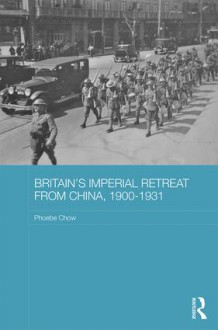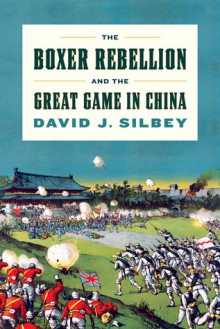AMA'S 5 STAR REVIEW IN SUNDAY TIMES
"A bridge builder between East and West, following ancient archaeological findings, she often dives into historic settings more than 2,000 years back in time.
In her novel the 52-year-old author makes a bold swerve into less-travelled territory. She chooses for her protagonists Ama, an African priestess, living in China’s Macao in the 17th century; Ruben, a Portuguese Jesuit priest; and Fr Benedict, an Orthodox Christian.
The book explores the rapidly-growing Macao, its changing sights, sounds and smells from different perspectives, from that of a bat to a goddess to a spirit. Its miracle and its enigma are within the worlds of inner alchemy of the Age of Enlightenment.”
Check this fascinating tale of History of Ancient China at the Age of Enlightenment exploring the very essence of European vs Chinese Development of Thought #books #readers #readerlife #reading #fiction #historicalfiction #natasapantovic https://www.amazon.com/gp/product/B06X6GQHT
#bookworm #bookreview #readers #bookseries #bookish #books Amazon Kindle #kindlebooks #GreatReads #BookSpotlightShowcase #greatbooks #bookoholic #booksbooksbooks #writing #mustread #NatasaPantovic
A-Ma Amazon Links
https://www.amazon.com/Ma-Alchemy-Natasa-Pantovic-ebook/dp/B06X6GQHTZ
amazon.co.uk https://www.amazon.co.uk/Ma-Alchemy-Natasa-Pantovic-ebook/dp/B06X6GQHTZ
amazon.ca https://www.amazon.ca/Ma-Alchemy-Natasa-Pantovic-ebook/dp/B06X6GQHTZ
amazon.com.au https://www.amazon.com.au/Ma-Alchemy-Natasa-Pantovic-ebook/dp/B06X6GQHTZ
amazon.in https://www.amazon.in/Ma-Alchemy-Natasa-Pantovic-ebook/dp/B06X6GQHTZ
amazon.com.mx https://www.amazon.com.mx/Ma-Alchemy-Natasa-Pantovic-ebook/dp/B06X6GQHTZ
amazon.de https://www.amazon.de/Ma-Alchemy-Natasa-Pantovic-ebook/dp/B06X6GQHTZ
amazon.it https://www.amazon.it/Ma-Alchemy-Natasa-Pantovic-ebook/dp/B06X6GQHTZ
amazon.es https://www.amazon.es/Ma-Alchemy-Natasa-Pantovic-ebook/dp/B06X6GQHTZ
amazon.com.br https://www.amazon.com.br/Ma-Alchemy-Natasa-Pantovic-ebook/dp/B06X6GQHTZ
amazon.nl https://www.amazon.nl/Ma-Alchemy-Natasa-Pantovic-ebook/dp/B06X6GQHTZ
amazon.co.jp https://www.amazon.co.jp/Ma-Alchemy-Natasa-Pantovic-ebook/dp/B06X6GQHTZ
amazon.fr https://www.amazon.fr/Ma-Alchemy-Natasa-Pantovic-ebook/dp/B06X6GQHTZ

 Log in with Facebook
Log in with Facebook 









